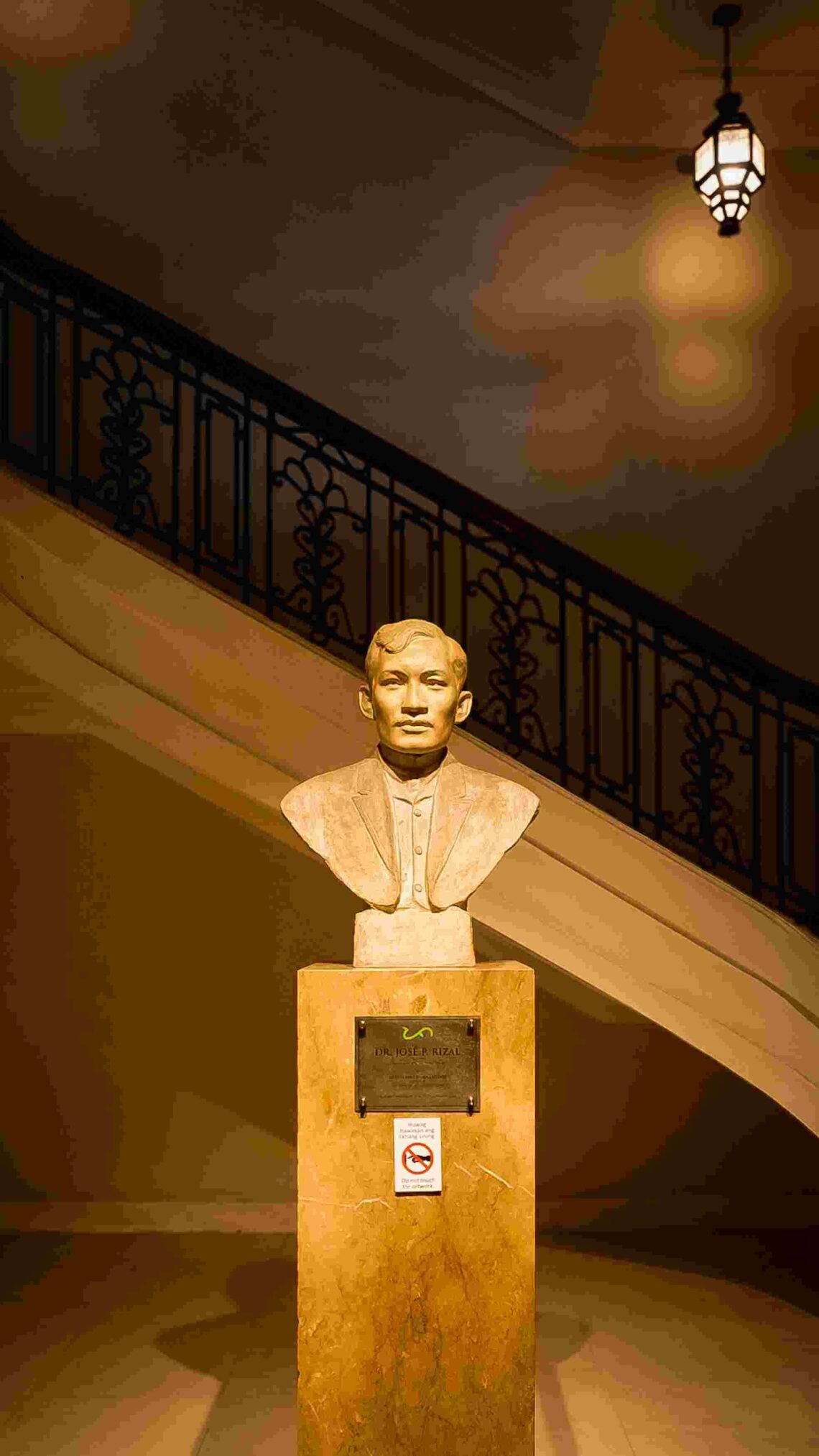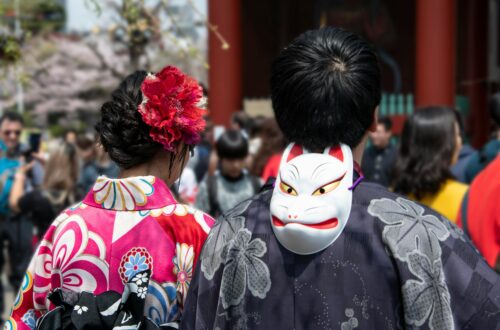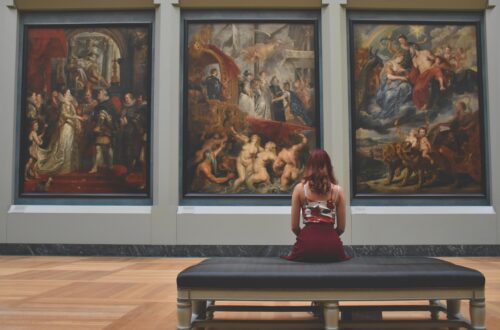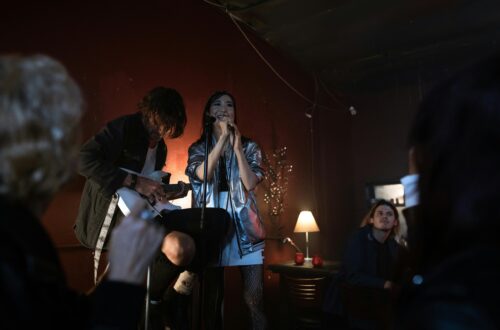José Rizal: The Mind That Awakened a Nation
Who he was
José Protasio Rizal Mercado y Alonso Realonda (born June 19, 1861 – died December 30, 1896) was a Filipino doctor, writer, and thinker. He is widely regarded as a national hero in the Philippines, because his ideas and writings helped awaken Filipino consciousness under Spanish colonial rule.
What he did
Rizal studied medicine, and specialized in ophthalmology (eye medicine).
He wrote two famous novels: Noli Me Tángere (1887) and El Filibusterismo (1891). These novels exposed abuses and injustices under the Spanish rulers.
He was part of the “Propaganda Movement,” a group of reform-minded Filipinos who asked Spain to treat the Philippines more fairly.
In 1892, he founded La Liga Filipina, a society aiming for reform (not violent revolution).
When a revolution began in 1896, the Spanish authorities accused him of being involved (though he did not lead the revolt). He was arrested, tried for rebellion, and executed by firing squad on December 30, 1896 in Manila.
Rizal’s greatest legacy is his intellect and moral courage. Through his writing, he inspired many Filipinos to imagine a freer, more just society. Even though he died before seeing full independence, his ideas continued to fuel the movement for national freedom.
A Real Anecdote: The Last Morning of José Rizal
On December 30, 1896, just before sunrise, José Rizal woke up calmly in his prison cell in Fort Santiago, Manila. He knew it was his execution day — yet instead of despair, he showed remarkable composure.
Rizal asked for three things: his morning coffee, his Bible and writing materials, and to be left alone for a few moments.
He wrote a few final letters, including one to his family, and quietly placed inside a small alcohol stove a folded paper — his final poem, Mi Último Adiós (“My Last Farewell”). He didn’t tell anyone what it was; he simply left it hidden.
When the guards came to fetch him, Rizal even refused the blindfold offered by the Spanish officers. He wanted to face the firing squad with open eyes — literally.
As he walked to Bagumbayan Field (now Luneta Park), witnesses noted that he was composed, dignified, and serene. He even conversed politely with the priests and soldiers escorting him. When the command to fire was given, Rizal turned slightly so that he fell facing the rising sun, not away from it — symbolically, facing the dawn of the nation he had dreamed of.
Afterward, soldiers discovered the poem hidden in the stove — verses that would become one of the most beloved and powerful works in Philippine history.





